Plot Introduction
The Swan Book is set in the future, with Aboriginal people still living under the Intervention in the north, in an environment fundamentally altered by climate change. It follows a girl who is pulled from a tree as a child after having been lost and gang-raped, and how she grows up raised by a European immigrant and seemingly guided by swans. After the death of her guardian, she is betrothed to a boy who grows up to become the first Indigenous President of Australia (Prime Minister has been abandoned in this future), and later marries him, despite retaining a childlike mind even as an adult.

Timothy John Winton is an Australian writer. He has written novels, children's books, non-fiction books, and short stories. In 1997, he was named a Living Treasure by the National Trust of Australia, and has won the Miles Franklin Award four times.
Brian Albert Castro is an Australian novelist and essayist.

Kim Scott is an Australian novelist of Aboriginal Australian ancestry. He is a descendant of the Noongar people of Western Australia.
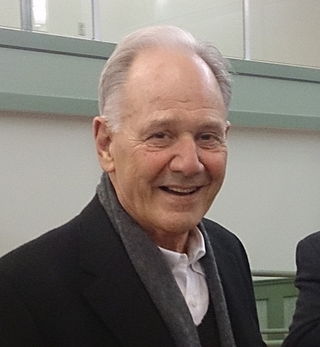
Alexander McPhee Miller is an Australian novelist. Miller is twice winner of the Miles Franklin Award, in 1993 for The Ancestor Game and in 2003 for Journey to the Stone Country. He won the overall award for the Commonwealth Writer's Prize for The Ancestor Game in 1993. He is twice winner of the New South Wales Premier's Literary Awards Christina Stead Prize for Conditions of Faith in 2001 and for Lovesong in 2011. In recognition of his impressive body of work and in particular for his novel Autumn Laing he was awarded the Melbourne Prize for Literature in 2012.
Rod Jones is an Australian novelist. He was writer in residence at La Trobe University for four years, and has also been the Australia Council's writer in residence in Paris. He studied English and History at the University of Melbourne.
Carrie Tiffany is an English-born Australian novelist and former park ranger.
Steven Carroll is an Australian novelist. He was born in Melbourne, Victoria and studied at La Trobe University. He has taught English at secondary school level, and drama at RMIT. He has been Drama Critic for The Sunday Age newspaper in Melbourne.
Gail Jones is an Australian novelist and academic.
Alexis Wright is a Waanyi writer best known for winning the Miles Franklin Award for her 2006 novel Carpentaria and the 2018 Stella Prize for her "collective memoir" of Leigh Bruce "Tracker" Tilmouth.
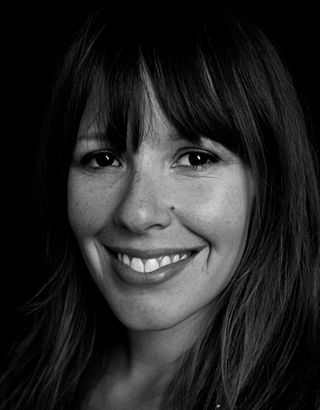
Tara June Winch is an Australian writer. She is the 2020 winner of the Miles Franklin Award for her book The Yield.
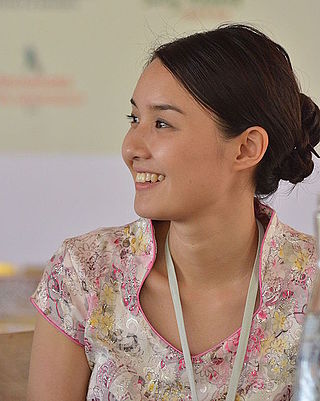
Alice Pung is an Australian writer, editor and lawyer. Her books include the memoirs Unpolished Gem (2006), Her Father's Daughter (2011) and the novel Laurinda (2014).
Melissa Lucashenko is an Indigenous Australian writer of adult literary fiction and literary non-fiction, who has also written novels for teenagers.

Questions of Travel is a 2012 novel by Australian author Michelle de Kretser. It won the 2013 Miles Franklin Award and the 2013 Prime Minister's Literary Award for Fiction.
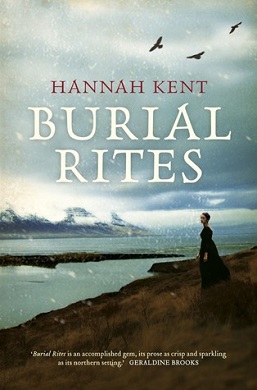
Burial Rites (2013) is a novel by Australian author Hannah Kent, based on a true story.
Craig Sherborne is an Australian poet, playwright and novelist. He was born in Sydney and attended Scots College there before studying drama in London. He lives in Melbourne.
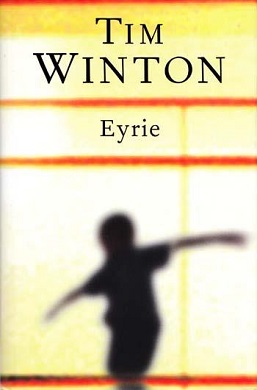
Eyrie (2013) is a novel by Australian author Tim Winton. It was shortlisted for the 2014 Miles Franklin Literary Award.
Tony Birch is an Aboriginal Australian author, academic and activist. He regularly appears on ABC local radio and Radio National shows and at writers’ festivals. He was head of the honours programme for creative writing at the University of Melbourne before becoming the first recipient of the Dr Bruce McGuinness Indigenous Research Fellowship at Victoria University in Melbourne in June 2015.

Mullumbimby (2013) is a novel by Australian author Melissa Lucashenko. It concerns Jo Breen, a Bundjalung woman, who buys some of her country and the conflicts that arises. Mullumbimby won the Fiction category of the Queensland Literary Awards in 2013.

Too Much Lip (2018) is a novel by Australian author Melissa Lucashenko. It was shortlisted for the 2019 Victorian Premier's Literary Award for Indigenous Writing and the Stella Award. It was the winner of the 2019 Miles Franklin Award.
The Victorian Premier's Prize for Indigenous Writing is a prize category in the annual Victorian Premier's Literary Award. The award commenced in 2004 and in 2012 the prize was valued at A$20,000. The winner of this category prize competes with the other category winners for overall Victorian Prize for Literature valued at an additional A$100,000. Nominees are allowed to enter other categories of the Victorian Premier's Literary Awards.
This page is based on this
Wikipedia article Text is available under the
CC BY-SA 4.0 license; additional terms may apply.
Images, videos and audio are available under their respective licenses.










